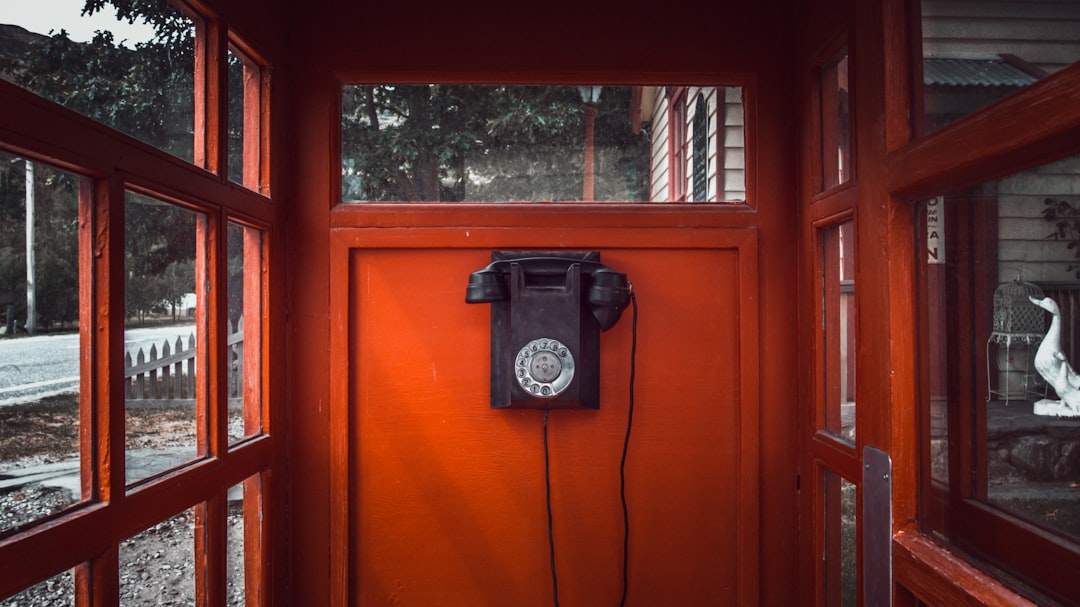In Illinois, combat spam calls by understanding strict laws under the Consumer Fraud Act, identifying sources like telemarketers and robocalls, forming a local coalition through community engagement, setting measurable goals for prevention and mitigation, combining technical solutions with community initiatives, promoting do-not-call lists, educational campaigns, and collaboration among local entities. Learn effective strategies to stop spam calls in Illinois.
Tired of relentless spam calls? Illinois residents now have a powerful tool to combat this nuisance. Learn how to build a local coalition against spam calls, leveraging state laws and community support. Discover common sources plaguing the state and establish clear goals for your fight. With strategic solutions and community engagement, you can make a real difference in reducing unwanted calls. Follow these steps to become an Illinois game-changer in the battle against spam, ensuring a quieter, more peaceful home front.
Understand Illinois Spam Call Laws and Regulations

In Illinois, there are stringent laws in place to combat spam calls, offering residents significant protections. The Illinois Consumer Fraud and Deceptive Business Practices Act prohibits unsolicited telephone solicitations, including automated or prerecorded messages, except under specific circumstances. Understanding these laws is the first step in building a local coalition against spam calls.
By familiarizing yourself with the state’s regulations, you can effectively guide your community on how to file complaints, exercise their rights, and collaborate with relevant authorities. This knowledge empowers residents to take proactive measures against unwanted calls, ultimately contributing to a quieter and more peaceful environment for all.
Identify Common Sources of Spam Calls in Illinois

In Illinois, as across the nation, spam calls originate from various sources. Understanding these common culprits is a crucial step in building an effective local coalition against them. Telemarketers are a primary source, often using automated systems to make mass calls for promotional purposes. Fraudulent entities also target Illinois residents, posing as representatives from government agencies or financial institutions to gather personal information.
Additionally, robocalls have become increasingly sophisticated, employing techniques like number spoofing to display local area codes and mimic legitimate callers. These automated messages often spread misinformation or try to sell unnecessary products and services. Identifying these sources is key to tailoring strategies on how to stop spam calls Illinois residents face daily.
Gather Community Support for Coalition Formation

To build a local coalition against spam calls in Illinois, start by engaging your community. Organize informational sessions or town halls to raise awareness about the impact of spam calls and the need for collective action. Utilize social media platforms and local news outlets to spread the word, educating residents on how to identify and report spam calls effectively. Encourage community members to share their experiences and ideas, fostering a sense of shared responsibility. By mobilizing the community, you create a powerful force that can drive coalition formation and fuel efforts to curb spam calls in Illinois.
This grassroots approach ensures that the coalition represents the diverse voices within the community, leading to more inclusive and effective strategies. Encourage residents to reach out to local representatives and participate in advocacy campaigns to strengthen the cause. When people come together, they can amplify their impact, making it easier to navigate the regulatory landscape and implement solutions tailored to Illinois’ specific needs. Together, these actions will help build a robust coalition ready to tackle spam calls head-on.
Establish Clear Goals and Strategies for the Coalition

To begin, the coalition must define its mission and set measurable goals. The primary aim should be to curb spam calls in Illinois comprehensively, focusing on both prevention and mitigation. Strategies could involve educating residents on blocking techniques, advocating for stricter anti-spam legislation, and fostering partnerships with telecom providers to implement advanced call filtering technologies.
Additionally, the coalition might target specific types of spam calls, such as telemarketing or scam calls, developing tailored approaches to address each. By establishing clear objectives and a diverse set of strategies, the group can effectively navigate the complex landscape of stopping spam calls in Illinois, ensuring a more peaceful and secure environment for all residents.
Implement and Promote Effective Solutions to Stop Spam Calls

To effectively combat spam calls in Illinois, implement robust solutions that are both technical and community-driven. Start by encouraging the adoption of call-blocking technologies and apps that use advanced AI to identify and filter out unwanted calls. Many modern phone systems come with built-in call-screening features; ensure residents know how to utilize these tools. Additionally, promote registration in state-sanctioned do-not-call lists, which can significantly reduce spam calls from known telemarketers.
Promote awareness through educational campaigns that teach Illinois residents about the different types of spam calls and how to handle them. Organize community events or workshops where tech-savvy individuals can share their knowledge with neighbors. Collaborate with local businesses and schools to spread awareness, ensuring everyone understands the steps they can take to protect themselves from spam calls. Regularly update and promote these solutions through various channels like local news, social media, and community bulletin boards to keep up with evolving spam call tactics.






